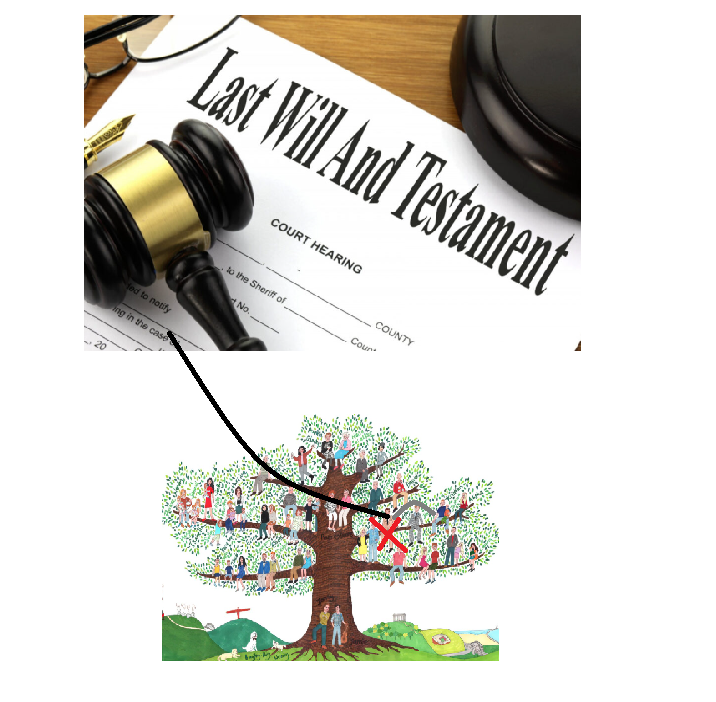Steel’s Trs v Steel, (1888) 16 R 204
Citation: Steel’s Trs v Steel, (1888) 16 R 204
Rule of thumb: If a person specifically named in a will dies, what happens to their share of the will? This is passed onto their survivors such as children etc.
Judgment:
This case affirmed the principle of ‘immediate vesting, even if individual unascertained’ – in this case it was affirmed that when someone dies all of their property under their will immediately vests in all the entitled people as matter of succession, even if the will does not specify them or the trustee or executor handling it does not know who they are. Any person in the UK or beyond could theoretically be entitled to a legacy from a will, but they have just not been ascertained as yet by the people handling the succession of the will. An individual does not have to be ascertained before property from a will can vest in them. However, just because property has vested in someone, it does not always mean necessarily that they will be identified and ascertained so that the people handling the will can pay them, ‘...whether the person so called to the succession, if only one, was a known and existing individual at the death of the testator, or if more than one whether the persons so called were all of them known and existing at that date; or if the destination is to a class called by description, whether the individuals who constitute the class are ascertained at that date, or whether they cannot be known or ascertained at the death of the life-renters or the occurrence of some other event. If the person or persons are not known, or the individuals who are to constitute the class are not ascertained at that date, the fee will not vest until the occurrence of the event which will determine who are the person called or the individuals composing the class are ascertained. But, where the person or persons called are ascertained, or where the individuals composing the class are ascertained at the death of the testator, then the fee will vest in them a morte testatoris, subject to defeasance in whole or in part in the event of the liferenters, or any of them, leaving issue’, Lord President Inglis at 208

Warning: This is not professional legal advice. This is not professional legal education advice. Please obtain professional guidance before embarking on any legal course of action. This is just an interpretation of a Judgment by persons of legal insight & varying levels of legal specialism, experience & expertise. Please read the Judgment yourself and form your own interpretation of it with professional assistance.

